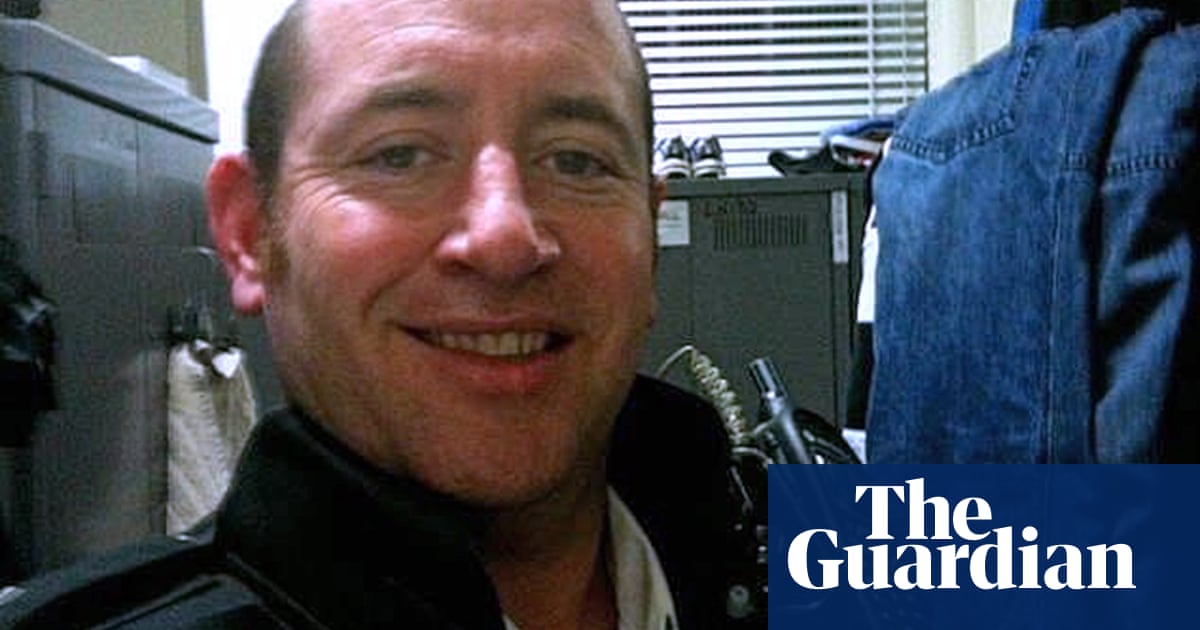
Women’s rights groups have called for a statutory inquiry into misogyny in the Metropolitan police after derogatory comments by officers about an academic while she was strip-searched showed how “deeply embedded” sexism is in the force.
In CCTV footage published by the Guardian, police officers made disparaging remarks about Konstancja Duff while she was strip-searched at Stoke Newington police station.
Sadiq Khan, the mayor of London, was among the many people to express shock and outrage on Twitter, describing the incident as “disgraceful” and “strongly condemn[ing]” the officers’ behaviour and language.
On Tuesday, women’s rights campaigners said the episode was yet further evidence of institutional misogyny in the force. The Met has faced sexism scandals for decades but particularly in the nine months since Sarah Everard was kidnapped, raped and murdered by Wayne Couzens, an officer in an elite Met firearms unit.
Anna Birley of Reclaim These Streets said the actions of the officers who strip-searched Duff, as well as the Met taking eight years to disclose the footage, “means this cannot be written off as yet another bad apple”.
“By closing ranks to protect their own, and forcing Konstancja to have to fight so hard to simply get an apology, it’s clear that this is institutional, and as such amounts to nothing less than state-sanctioned sexual assault,” Birley said.
“Misogyny in the Met police is systemic and cultural – and this is why we have been calling for the Wayne Couzens inquiry to be widened in scope and made statutory. Without this, we risk the Met yet again closing ranks, prioritising their own reputation over women’s safety and blaming a handful of named officers rather than the culture that created and protected them.
“And in the meantime, the Met must urgently confirm that all officers involved will face robust and transparent disciplinary action – without this, how can women ever trust them?”
Priti Patel, the home secretary, is facing a legal challenge over proposals for an inquiry into Couzens’ conduct as a police officer, with critics claiming it is too narrow in scope. The Centre for Women’s Justice began judicial review proceedings against her department in December, also calling for the inquiry to be put on a statutory basis. Duff’s case was a prime example of why that needed to happen, Debaleena Dasgupta, a solicitor with CWJ, said.
Dasgupta added: “The CCTV footage in Dr Duff’s case shows how deeply embedded, and tolerated, sexism is in the Metropolitan police. A further question arises: why did it take so long for the police to provide that evidence, despite the earlier complaint proceedings?
“This case will add to women’s mistrust in policing. It is another example of why, if Priti Patel is serious about restoring faith in the police, that her inquiry must be conducted on a statutory footing so it has the power to compel evidence and must be widened to look at all the relevant issues.”
But for some campaigners, yet another inquiry into policing was not enough. Sasha McLean, of the activist group Sisters Uncut, said policing was a job that attracted and created people with “the proclivity for coercion and control”, and solving that required radical change.
“We have to move beyond this idea that the police can somehow be reformed or changed internally, that if we just investigate and tinker around the edges we can make it slightly less sexist than it is already, because the issue is fundamental, it’s structural, it’s institutional, it has to do with the fact that police exist to coerce and control urban and working-class populations,” McLean said.
“I’m not going to say that we don’t welcome scrutiny, but at the end of the day the investigation’s being conducted by the very people who rely on the police to protect their own power, so this investigation is hardly going to reveal that the police has got an institutional, fundamental problem that perhaps require a complete reworking and abolition of the institution.”












